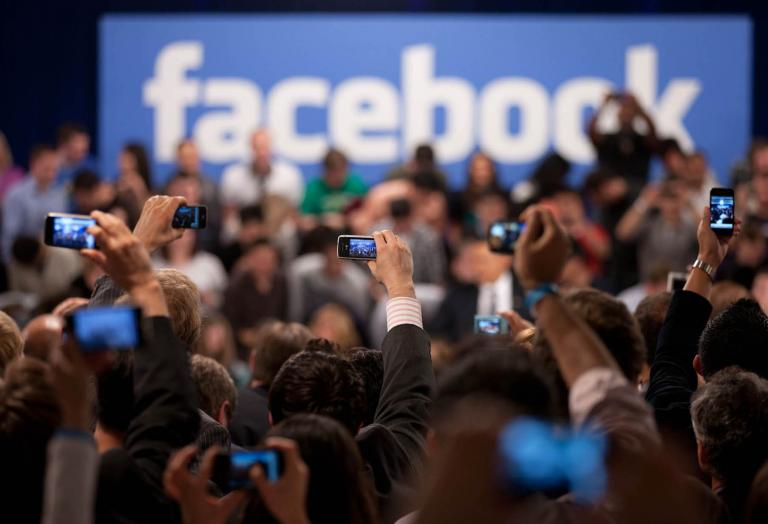The first time I met Christopher Wylie, he didn’t yet have pink hair. That comes later. As does his mission to rewind time. To put the genie back in the bottle.
By the time I met him in person, I’d already been talking to him on a daily basis for hours at a time. On the phone, he was clever, funny, bitchy, profound, intellectually ravenous, compelling. A master storyteller. A politicker. A data science nerd.
Two months later, when he arrived in London from Canada, he was all those things in the flesh. And yet the flesh was impossibly young. He was 27 then (he’s 28 now), a fact that has always seemed glaringly at odds with what he has done. He may have played a pivotal role in the momentous political upheavals of 2016. At the very least, he played a consequential role. At 24, he came up with an idea that led to the foundation of a company called Cambridge Analytica, a data analytics firm that went on to claim a major role in the Leave campaign for Britain’s EU membership referendum, and later became a key figure in digital operations during Donald Trump’s election campaign.
Or, as Wylie describes it, he was the gay Canadian vegan who somehow ended up creating “Steve Bannon’s psychological warfare mindf*ck tool”.
In 2014, Steve Bannon – then executive chairman of the “alt-right” news network Breitbart – was Wylie’s boss. And Robert Mercer, the secretive US hedge-fund billionaire and Republican donor, was Cambridge Analytica’s investor. And the idea they bought into was to bring big data and social media to an established military methodology – “information operations” – then turn it on the US electorate.
[Keep reading. . .]
How did they get all of that information from Facebook?
Well, you know all of those personality surveys that are always being posted? One of them was a little more involved than usual–including asking questions about your religion–purporting to be for psychological research and involving downloading an app. (Maybe you took it. It went by the name of “thisisyourdigitallife.”) The app also gave the researchers access to people’s “likes.” Those, in turn, made it possible to create multi-faceted profiles.
Some 270,000 Facebook users voluntarily participated in the quiz. But the app also gave the researchers access to all of their friends. The number of individuals, with their “likes” and other personal information, grew to 50,000,000! (Facebook has since changed the feature that gave apps access to friend lists.) At one point, the organization claimed it had data on 220,000,000 Americans, though that number is thought to be exaggerated.
The quiz and data harvest was conducted by a company that partnered with Cambridge Analytica called Global Science Research (GSR). It’s run by Alexandr Kogan, a scientist with a joint appointment with Cambridge University and the University of St. Petersburg in Russia. A Russian oil company with Kremlin ties also contracted with Cambridge Analytica to learn its methods, which may, in turn, have influenced Russia’s own shenanigans with social media and politics.
Was this illegal? Probably not, except for possible fraud charges and violations of the law against foreigners being involved in American elections. It doesn’t show collusion of Trump with the Russians. The Trump campaign said that the “psychographic” data collected was not actually used. Facebook will probably take the biggest hit.
But it shows what politics in the information age has become. Social media and widely-accessible personal information allow politicians to get inside your head in order to influence the way you vote. Outsiders and foreign antagonists can manipulate our political debates. And democracy becomes a cynical game.
For more on the Cambridge Analytica fiasco, go here and here.

















